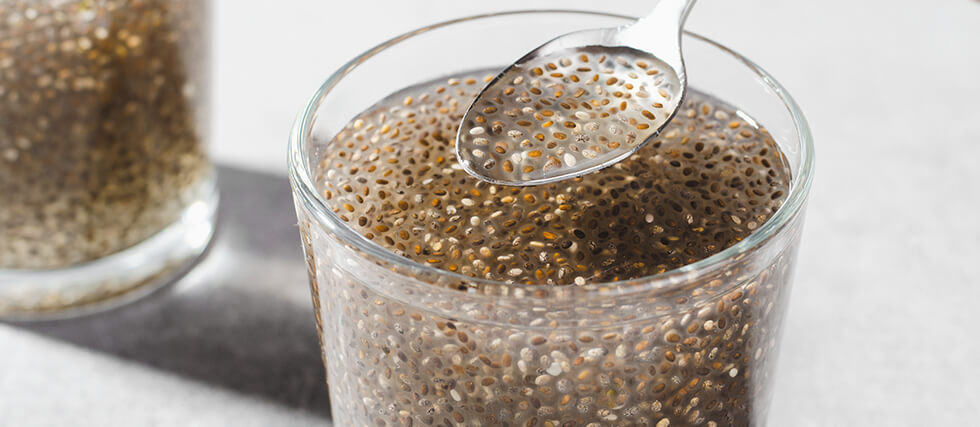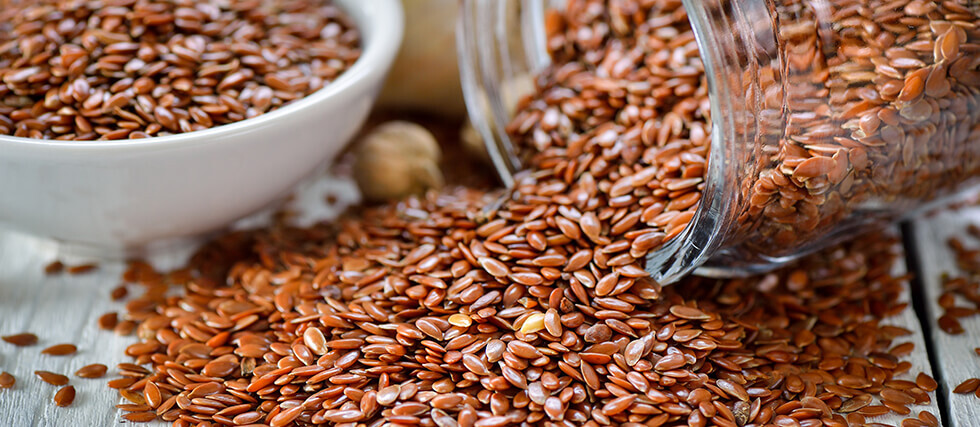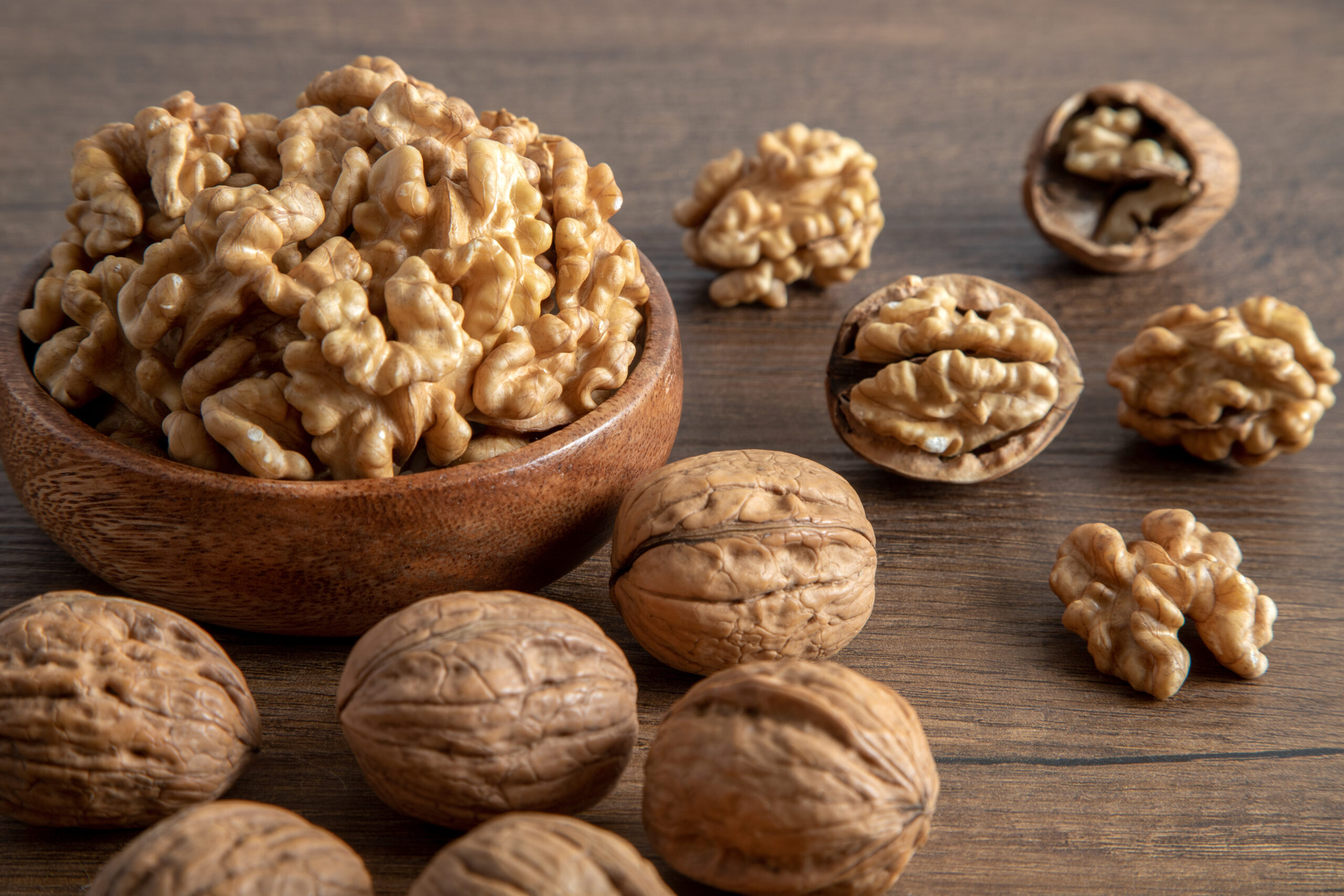Why Grass-Fed Butter and Beef Tallow Belong in Your Kitchen
When it comes to nutrient-dense fats, grass-fed butter and beef tallow stand out as excellent choices. Both provide rich flavor, beneficial nutrients, and versatility in the kitchen.
Health Benefits of Grass-Fed Butter
Grass-fed butter is made from the milk of cows that graze on natural pastures, making it superior to conventional butter in both nutrition and taste. Here’s why:
- Higher in Omega-3s & CLA – Grass-fed butter contains more omega-3 fatty acids and conjugated linoleic acid (CLA), which support heart health, metabolism, and inflammation reduction.
- Rich in Vitamins A, D, E, & K2 – These essential fat-soluble vitamins promote bone strength, immune health, and proper blood clotting. Grass-fed butter contains higher vitamin A levels than grain-fed butter.
- Easy to Digest – With lower lactose and casein content than milk, many people with dairy sensitivities tolerate it well.
How to Enjoy Grass-Fed Butter
- Cooking & Baking – Use it for sautéing, baking, or as a spread for a rich, creamy taste.
- Coffee & Tea – Add to bulletproof coffee for a smooth energy boost.
- Drizzle on Veggies – Melt over steamed vegetables for extra nutrients and flavor.
Health Benefits of Beef Tallow
Beef tallow, rendered from grass-fed cattle fat, is an ancestral superfood with unique benefits:
- Packed with CLA & Healthy Fats – Supports heart, bone, and metabolic health while aiding weight management.
- High Smoke Point (420°F) – Unlike butter, tallow is ideal for high-heat cooking without oxidation or breakdown.
- Good for Skin & Hair – Traditionally used in skincare for its ability to hydrate and nourish.
How to Enjoy Beef Tallow
- Frying & Sautéing – Perfect for crispy fries, searing steaks, and stir-frying due to its high heat stability.
- Roasting Vegetables – Toss with potatoes or root vegetables for extra crispiness.
- Homemade Skincare – Use in DIY balms and lotions for deep moisturization.











